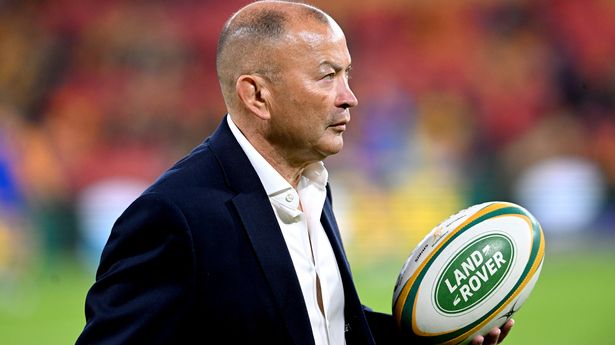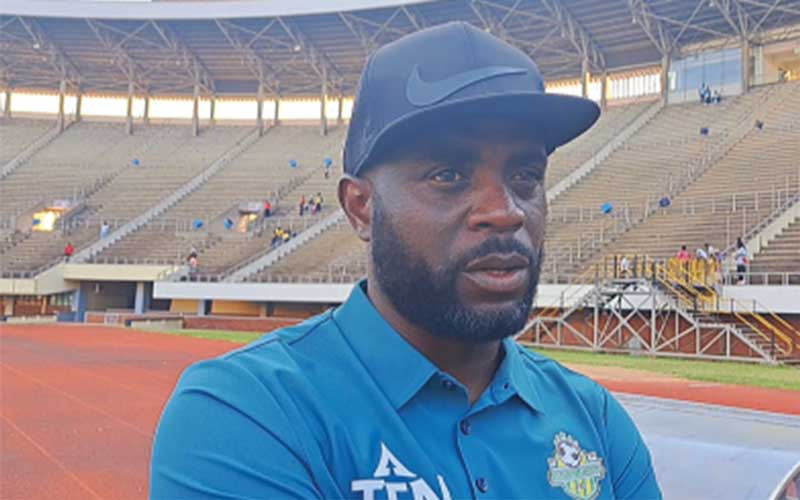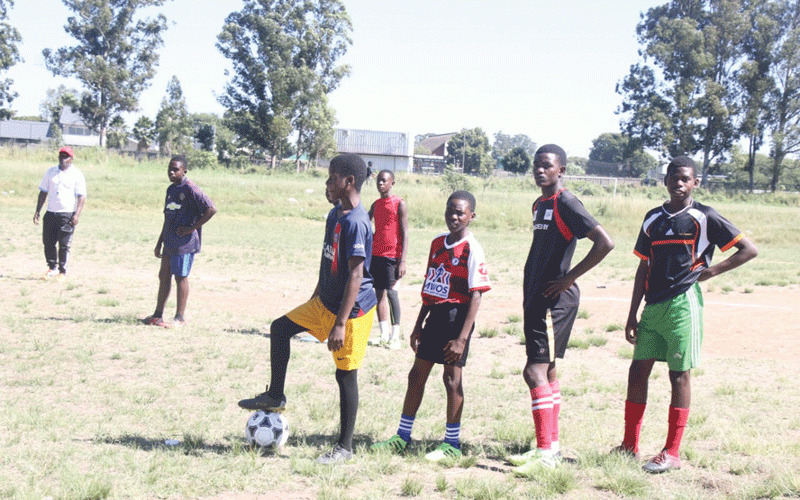
BY TIM MIDDLETON IN 2016 the action-comedy film ‘Keeping Up with the Joneses’ was released in which a suburban couple discover that their apparently perfect smart new neighbours, the Joneses, are in fact involved in international espionage. Then more recently, in 2021, a TV Mini Series of the same name was aired, as it followed members of a Jones family, each of whom is trying to outdo the others before they in turn as a family are faced with people willing to do anything necessary to destroy the family. Both present the picture of people doing what they can to keep up with their neighbours, just as the expression “Keeping up with the Joneses” implies: they try to better or own what others have in pursuit of social or financial advancement, even by beating them at their own game.
In sporting circles, competition implies that every player and team tries to keep up with the Joneses and one such Jones is often at the forefront of such news. Eddie Jones, the Australian coach of the English rugby team, is never short of an opinion and, what is more, he is never scared to express it. In that regard he must be a reporter’s dream.
Whether he means what he says or whether he is playing mind games, either to take the pressure off his own players or to put it on to his opponents, he does not hold back. So, in recent weeks he has said things which have caused a stir within rugby circles, primarily by criticising the national team’s reliance on players who have come through the independent schools’ sector.
He claimed in an interview that such players have had a “closeted life” and that affects their play in a number of different ways.
In making that statement he implies that such players from independent schools have not had to face hardship as “everything’s done for you” – and hardship is essential if we are to succeed in sport.
Leaving aside the fact that he probably did not go to an independent school or more specifically a boarding school, and is therefore not aware that children in independent schools are equally susceptible to hardship, albeit of a different nature, there is validity in his view that adversity plays a big part in preparing youngsters for sporting development.
Eddie Jones claimed that by having this “closeted life”, players had not learned to make decisions or to lead on the field – the decisions were made for them.
“When things go to crap on the field who’s going to lead because these blokes have never had experience of it?”
- Chamisa under fire over US$120K donation
- Mavhunga puts DeMbare into Chibuku quarterfinals
- Pension funds bet on Cabora Bassa oilfields
- Councils defy govt fire tender directive
Keep Reading
Again, the point is valid and the criticism is justified. All too often in school sport especially (which is all about learning), coaches make the decisions for the players; coaches (like Eddie Jones) tell the players what to do, shout unhelpful instructions continuously throughout the game, point out what is going wrong and what must be done. Coaches at all schools must give players the opportunities to lead.
In making his claim Jones also highlights the fact that these players do not have the necessary resolve when the going has got tough.
Again, whether it is true or not specifically of independent school children, the need for a strong resolve, determination, will power, resilience is abundantly necessary. The coach’s role is to develop that resolve as much as their skills, not simply bemoan the fact that children today are not tough enough.
Jones also unpacks the “closeted life” as being responsible for the players being too polite and seeing winning “as a bit uncouth”; he blames coaches of such players as requiring them “to play the game properly, old chap”, implying that such thinking is naïve and unnecessary. In other words, he wants them to cheat, to do whatever it takes to win. Really?
The film ‘Keeping Up with the Joneses’ was deemed to be a box-office flop and there is a big danger that school sports coaches will also be flops if they do not enable their players to make decisions, to show grit and determination.
They will also be flops if they make derogatory remarks about the differences in players’ backgrounds.
It is interesting that in a BBC report on the afore-mentioned interview it was pointed out that “the independent sector produced most of England’s 2003 World Cup winning squad and the head coach of that side, Sir Clive Woodward, has labelled Jones’ criticism ‘insulting, divisive and disrespectful’.”
Jones has only made his job much harder but has underlined one thing: there is no need to keep up with the Joneses, in sport or in life. They are not always right.
- Tim Middleton is a former international hockey player and headmaster, currently serving as the Executive Director of the Association of Trust Schools Email: [email protected]










